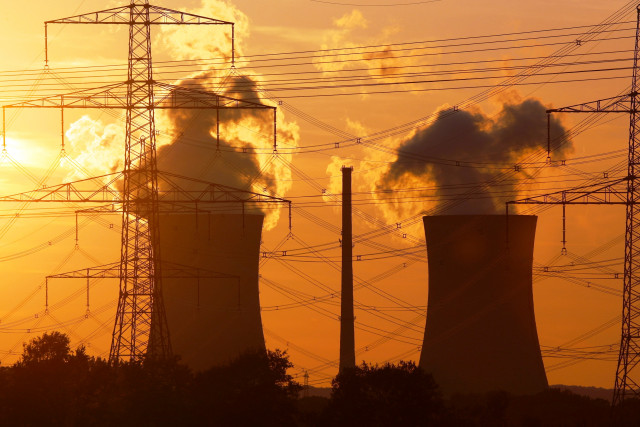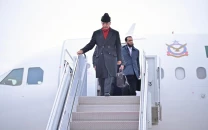Pakistan becomes chair of IAEA board
Western powers did not oppose Pakistan's nomination by a group of Middle East and South Asia member states.

Western diplomats have suggested they do not see the choice as ideal because, like India, North Korea and Israel, Pakistan has shunned the Non-Proliferation Treaty (NPT) that is at the heart of the International Atomic Energy Agency's work.
But Western powers did not oppose the nominee of a group of Middle East and South Asia member states at a meeting of the IAEA board which approved the choice by acclamation, one diplomat who attended the closed-door session said.
Pakistan is a longstanding member of the Vienna-based IAEA and the choice was within its rules.
The one-year board chair position rotates between regions, who put forward their own nominee, and entails chairing debates of the IAEA's 35-nation decision-making body and helping them reach consensus decisions.
It does not give Pakistan individual powers to decide UN nuclear policy. Malaysia currently chairs the board.
Heaping pressure on Pakistan, a high-level UN meeting called on Friday for talks to start immediately on a treaty to ban production of fissile material used as fuel for atom arms.
Pakistan has insisted it will continue to block such talks, arguing that a ban would put it at a permanent disadvantage to India. The dispute has led to deadlock at the 65-nation Conference on Disarmament in Geneva.



















COMMENTS
Comments are moderated and generally will be posted if they are on-topic and not abusive.
For more information, please see our Comments FAQ